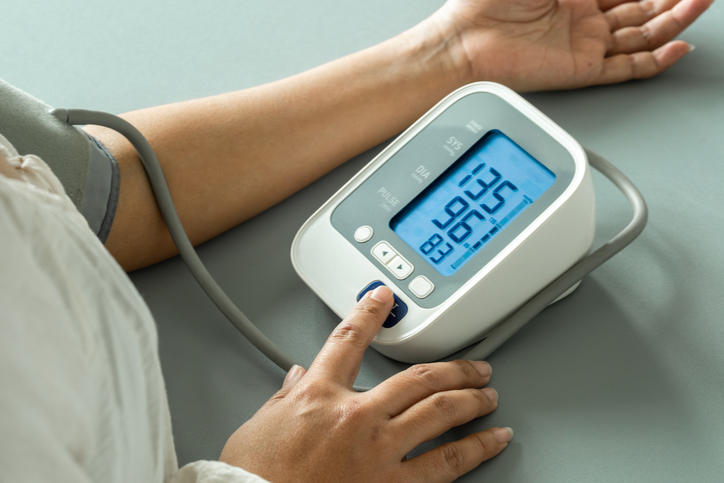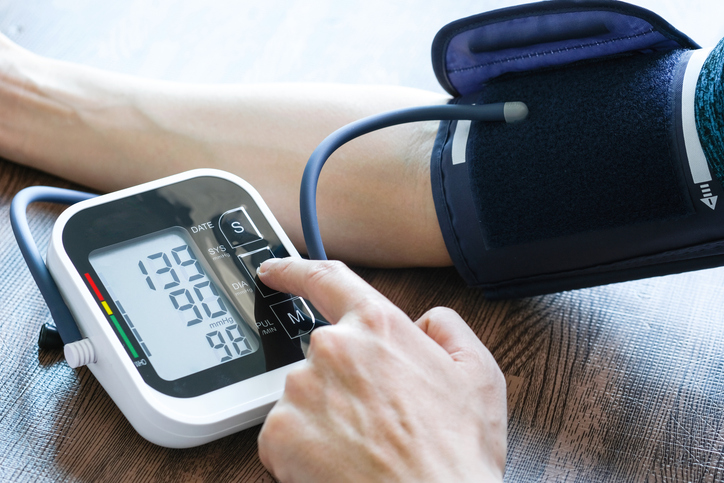
Having a positive patient-physician relationship is a key component to healthy living. A novel study found that when physicians and their patients use a common language in their interactions, it can decrease the risk of cardiovascular disease (CVD) and prolong life.
In this retrospective cohort study, conducted at the University of Ottawa, researchers analyzed 124,583 respondents who spoke nearly 100 different languages.
According to the findings, patients with hypertension whose preferred language is not French or English were 36% less likely to experience a major adverse cardiovascular event—including myocardial infarction, heart failure, and stroke—if they received care from a physician who spoke their preferred language.
Overall, the results showed that patients who received care from a physician who spoke their preferred language were 28% less likely to die when compared with patients who received care from a physician who spoke a different language.
“If there was a new medication that decreased the risk of major adverse cardiovascular event by 36 percent or all-cause mortality by 28 percent, this medication would immediately be offered to our patients. We need to start thinking about language barriers in our healthcare systems in a similar way,” said lead author Michael Reaume, a resident in the Faculty of Medicine’s Department of Nephrology.
“This starts by collecting preferred language for all patients systematically. This information is critical as it allows us to match patients to healthcare providers who have proficiency in their preferred language, while also identifying patients who would benefit from professional interpretation services.”
Source
Patient-doctor common tongue key to decreasing cardiovascular disease, longer life. February 21, 2025. Accessed February 24, 2025. https://www.eurekalert.org/news-releases/1074517







 © 2025 Mashup Media, LLC, a Formedics Property. All Rights Reserved.
© 2025 Mashup Media, LLC, a Formedics Property. All Rights Reserved.